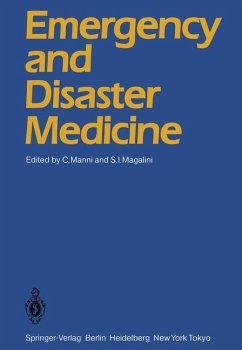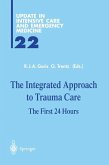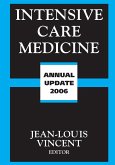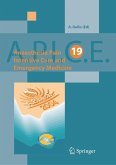C. Manni The focusing of general interest and of many disciplines on disaster medicine is an interesting and recent phenomenon in our society. Disasters have by now left the his torical and philosophical sphere and finally entered the operational arena. Modern man, in other words, no longer accepts disasters in a passive and fatalistic manner, but claims to be able to control them like so many other forces of nature. The new approach is aimed at preventing, containing, and remedying the invariably tragic consequences of these events. The role of medicine in this context is of fundamental importance and is charac terized by two main aspects: application of techniques of intervention appropriately and effectively, and collaboration with the general organization, assuming responsi bility for the protection of health and the treatment of injuries. Following a period of more or less chaotic growth, during which sectionalism and empirical interests prevailed, and localized aspects of this new discipline underwent considerable development, a need is now felt to propose and realize a more com prehensive scientific approach. It has become necessary to identify and to rationally analyze the individual components of this branch of medicine. As in any analysis, the recognition of the "object" of the research is of fundamental importance: hence the title of this first round table: "Types and Events of Disaster.
Hinweis: Dieser Artikel kann nur an eine deutsche Lieferadresse ausgeliefert werden.
Hinweis: Dieser Artikel kann nur an eine deutsche Lieferadresse ausgeliefert werden.








